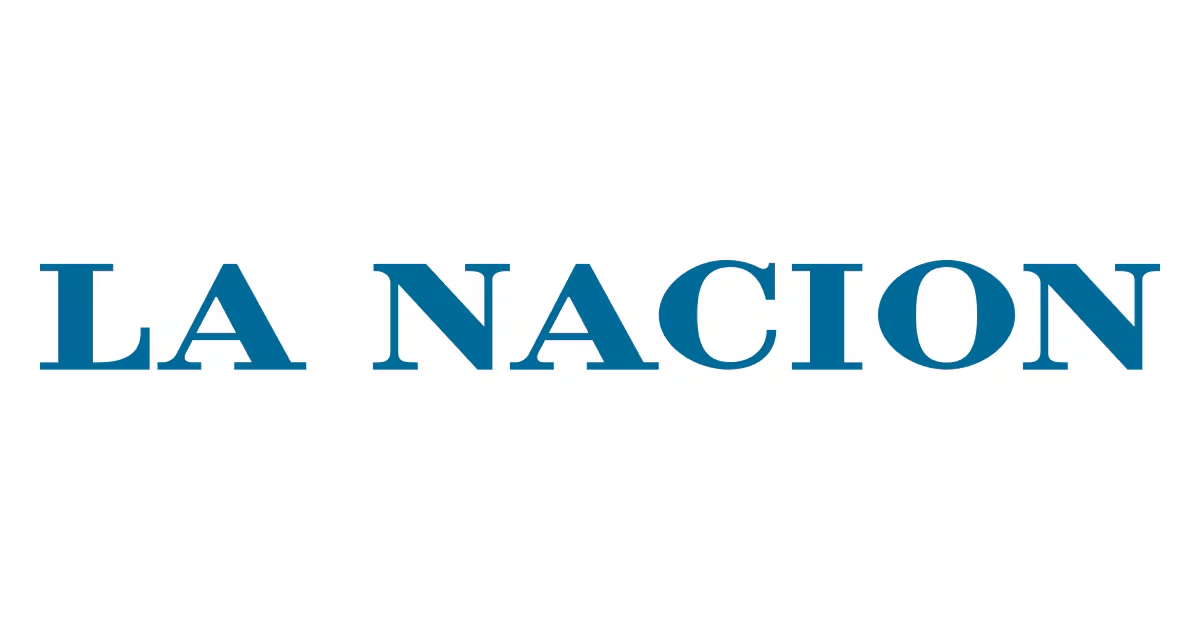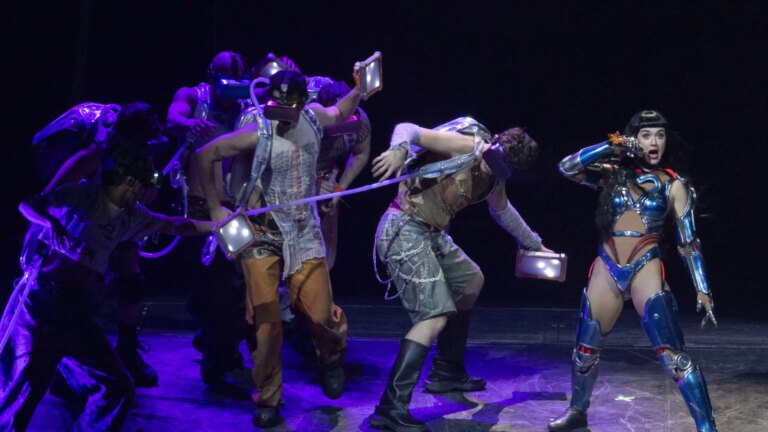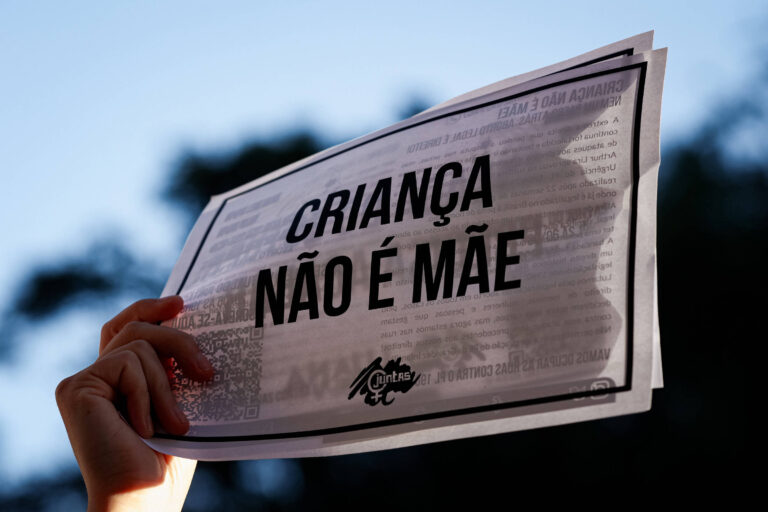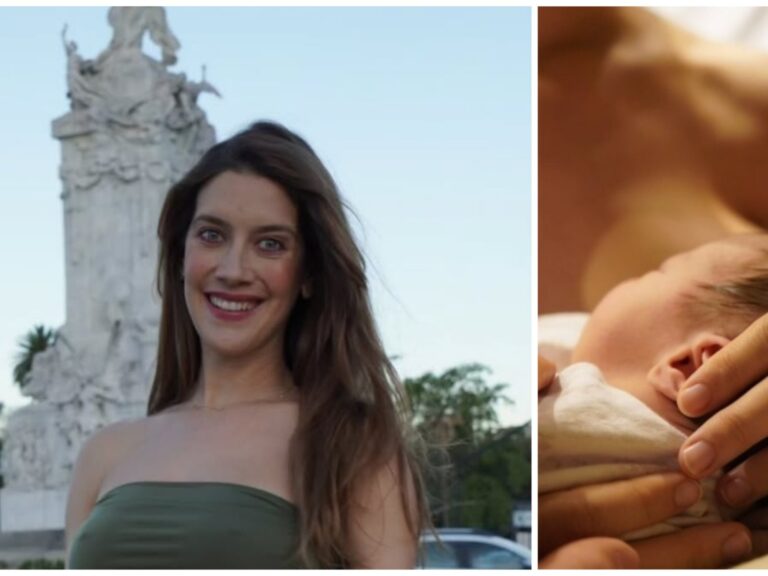
María del Carmen Rodríguez is a poet who is largely kept in secret. She is also a teacher and translator. His erudition and speed of thought are sometimes difficult to comprehend, at least for me.
We meet sometimes. Birthdays, plays, Christmas Eve. I recently came across this book unexpectedly (although, knowing her work, “unexpected” might be the right word). animal lovea tear-jerking piece of writing by French author Hélène Cixous, winner of the 2025 Formentor Prize, published by La Marca Publishers, and oh, I didn’t realize that the translation was by Maria del Carmen.
“I felt his pain in every word.” She told me later when I called her and told her about the book. What would we, readers, do without good translators? Because Cixous’s writing is exquisite, sophisticated, even fragile. Changing from French to Spanish requires goldsmith precision. And if animal lovea heart that can feel the brutality and beauty of this world, as the heart of Maria del Carmen feels.
animal love is a Cixous conference published in France in 2021 by Bayard Publishers, the Spanish version of which is now part of the collection. In a nutshell (For this type of material only).
To talk about the human-animal bond, its asymmetries, and how it expresses our own condition, Cixous returns to his childhood in Algeria and the memory of his dog Phipps, who suffered countless abuses. Puppies are loved and unloved at the same time.;They are exactly the kind of beings who sacrifice their human abilities and harm even those they love. Without elaborate allegories or easy conclusions, the author also speaks about Algeria, a country where he was born in 1937 and remembers being subjected to repeated violence and suffering (the author settled in France in 1955).
To talk about the human-animal bond, its asymmetries, and how it expresses our own condition, Cixous returns to his childhood in Algeria and the memory of his dog Phipps, who suffered countless abuses.
In front of an audience that we assume to be youthful from the type of expressions he uses, Cixous explains that although Phipps has passed away, the strength of the bond with him still remains. He admits he regrets not telling him this. This is a time of injustice, blind hatred, and murderous misunderstanding.“Genocide and slavery, we are all in the same brazier.”
Apparently the facts are trivial. Her father brought home the puppy that little Hélène had wanted. But that little dog does not behave as you expectBoth his mother’s and his potential neighbors’. The dog, whom he considered in a sense to be his own brother, “did not allow himself to be captured and loved us according to himself, not according to our commands.” And to accept this kind of difference without feeling a “dark disappointment”, without lowering the dimension of love, without opening the door to carelessness and cruelty, we must have a lot of tenderness, like the father of Cixous had. Anesthesia for wounds that may have been inflicted on others.
The author explains to the audience that he currently lives with two cats who he takes care of devotedly. But the ghost of Phipps, the traces of what she did to him (or of the violence inflicted on the dog by others who ignored her at the time) remain, a wound that will never heal. “Life is so cruel that we have no weapon other than to imagine and think.”he writes from a place that doesn’t exactly compare to the “mascotism” we’re used to.
Cixous was born into a Jewish family who faced the horrors of the Nazis in a harsh region during a harsh time. His approach is very ethical. He knows what our species is capable of, and from that knowledge he suggests (in a gesture that involves not just our “furry brethren” but humanity as well), “An ancient fear remains. Those who will not save, we will kill.”



